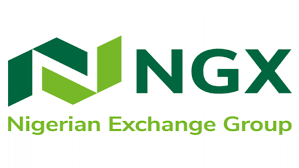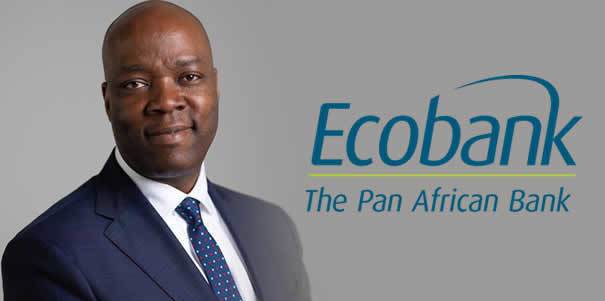Market frontiers to rise on enhanced liquidity from new financial instruments–Ogunbanjo
First Vice President of the Nigerian Stock Exchange (NSE), Mr. Abimbola Ogunbanjo has argued that the frontiers of the Nigerian financial market are expected to grow exponentially due to enhanced liquidity arising from the development of new and intricate financial instruments. He noted that given the open and transparent financial market place the NSE offers to a wide range of domestic and international investors, it is expected that all participants must have the commensurate capacity and knowledge-base to deal with the intricacies and the sometimes esoteric features of derivatives.
He added that With Exchange Traded Derivatives (ETDs) expected to be launched by the
Nigerian Stock Exchange later this year, this training could not have been better timed.
The concept of derivatives remains relatively novel in the Nigerian financial market space and has only been noticeable within the Over-The-Counter (OTC) segment of the market.
In his keynote address during training on Legal and Risks Aspects of Derivatives and Central Counter Party (CCP) Clearing in Lagos yesterday, he said the need for the training in the face of the dearth of local capacity cannot be overemphasized.
According to him, “Few topics are as controversial today as derivative instruments. To some, derivatives are simple tools that allow market participants to efficiently manage their risks. To others, derivatives are weapons that allow market participants to thwart regulations, exceed risk limits, hide market exposures and threaten the very fabric of the world’s economic system”.
“Approximately 40 years ago, the modern derivatives market was small and domestic to mainstream Europe and America. Since then it has grown impressively – around twenty-four
(24) percent per year in the last decade – into a sizeable and truly global market with about €457 trillion of notional amount outstanding in 2014.
“No other class of financial instruments has experienced as much innovation from its embryotic development to a fully developed Internal Use Confidential Use and respected financial market. Product and technology innovation together with competition has fuelled this impressive growth and has created many new jobs both at exchanges and intermediaries as well as at related service providers. European derivatives players today account for more than 20 percent of the European wholesale financial services sector’s revenues and contribute 0.4 percent to total European GDP.
“Given the derivatives market’s global nature, users can trade around the clock and make use of derivatives that offer exposure to almost any “underlying” asset class across various global markets. The derivatives market is predominantly a professional wholesale market with individuals, corporations, institutions and governments as its main participants. A single derivatives transaction may attract diverse levels of professional financial counterparts across the value chain.
Ogunbanjo observed that there are two competing segments in the derivatives market, being the off-exchange or over-the-counter (OTC) segment and the on-exchange segment (ETDs).
“From a customer perspective in Europe, exchange trading is approximately eight times less expensive than OTC trading, hence we hope the immense opportunity for improved efficiency via the launch of ETDs in Nigeria will mirror their popularity experienced globally.
On risk and riskier and derivatives impact of the Global Economy and Nigeria, he said “It is important to emphasize that the imperatives for a truly functional derivatives market are safety, effective risk mitigation, innovation and efficiency”.
“Risks, such as counter party risks, operational risks, liquidity risks, systemic and legal risks could be implicit in even the most developed markets. The financial global market was shaken to its very foundation in the wake of the Global Financial Crisis (GFC) between 2007 and 2010 when it became apparent that the underlying assets securing collaterised mortgages had suddenly become delinquent.
“Specifically, collateralized debt obligation or CDOs, which are securities whose value is
collaterised (i.e. ‘backed’) by a pool of underlying fixed-income assets, gave way to complex synthetic financial structures, which essentially were understood by very few financial experts in the industry. The peak of the financial crisis in 2008 crippled some of the world’s most dynamic financial institutions, as banks found themselves with a trillion dollars tied up in now worthless assets.
If you want to get the best dissertation writing services online do contact us. We’ll eager to help you out.









